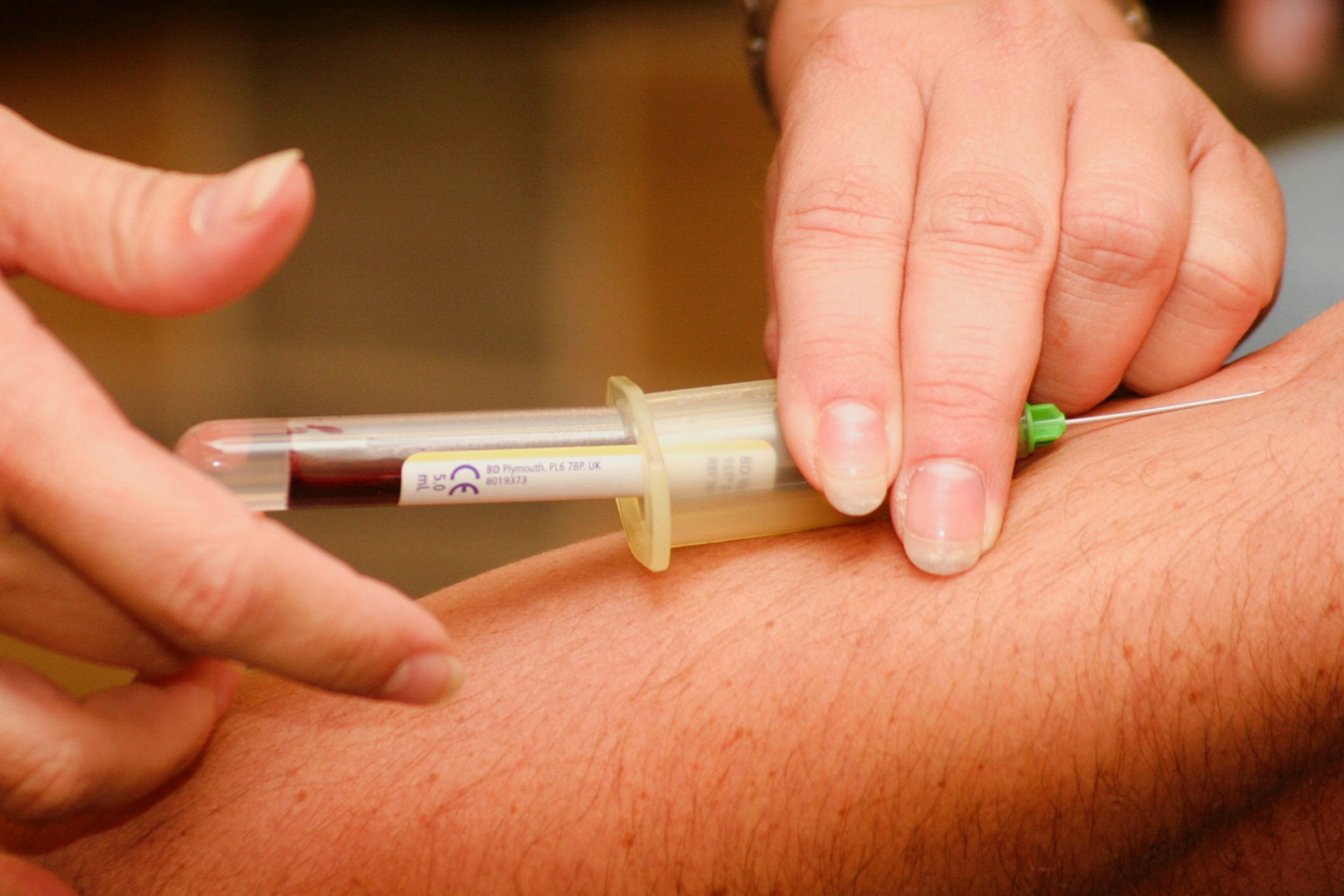
Getting pulled over and arrested by the police in California can happen to any motorist. For this reason, anyone with a right to operate a vehicle within the state of California should know his or her rights and the laws about driving. Sobriety tests are an area where motorists can misunderstand their rights.
What is Implied Consent?
Fun Fact most motorists don’t know when they get their license for the first time: Every license holder, upon registration, has given his or her consent to take a chemical test for blood alcohol concentration (BAC) upon arrest by the police for suspicion of driving under the influence.
Therefore, under California’s “implied consent” laws and the California Vehicle Code, every motorist is legally obligated to submit to chemical tests following an arrest.
Specifically, Section 23612 of the California Vehicle Code states that:
“(a) (1) (A) A person who drives a motor vehicle is deemed to have given his or her consent to chemical testing of his or her blood or breath for determining the alcoholic content of his or her blood, if lawfully arrested for an offense allegedly committed in violation of Section 23140, 23152, or 23153.”
Refusal to partake in a chemical test means that you violate the implied consent law. The consequences of this violation depend on the circumstances of your case and any prior similar incidences. Note, not all preliminary tests are mandatory.
What Tests are Covered Under the Implied Consent Law?
If a police officer suspects you of a DUI, his or her first course of action is to look for any signs of impairment. The officer may request for you to perform basic field sobriety tests (DUI clues police look for when they pull you over). These often include physical tests like standing on one foot or walking in a straight line. The DUI Attorney, Criminal Defense Hero, advises you to DECLINE these road-side tests since refusal does not levy any penalties.
The officer may ask you to submit to a breathalyzer test prior to arrest. California’s law enforcement uses a Preliminary Alcohol Screening (PAS) device to measure the BAC from your breath. However, this mode of measuring sobriety is far from accurate and is prone to errors (see our cool video on this here). Once again, you are still not legally obligated to do this test unless you are under the age of 21 or are on probation for prior DUI conviction. Refusing to take any of the above field sobriety tests will likely frustrate the officer’s efforts, and he or she will most likely arrest you and take you to the police station for a blood, breath, or urine test.
Unfortunately, the implied consent law legally binds you to submit to a chemical test, and any efforts to do otherwise is a direct violation of the California Vehicle Code. Refusing to take the chemical test at the police station will automatically lead to a mandatory license suspension of no less than one year regardless of the outcome of your DUI case. Nonetheless, your civil rights still allow you to refuse the mandatory chemical test, albeit with impending consequences.
Isn’t this a violation of my 4th Amendment Right against “Unreasonable Searches?”
Recently, the Supreme Court upheld a ruling by the Wisconsin Supreme Court that blood tests on unconscious people are legal under the state law “that presumes that a person incapable of withdrawing implied consent to BAC testing has not done so.” (Mitchell V. Wisconsin) In simpler terms, if you are unconscious or too drunk to refused a blood test, your consent to the blood test is an automatic “yes” and a warrant is not needed.
In this particular case, the petitioner Gerald Mitchell’s blood test showed that he was above the legal limited. He was charged and convicted of two drunk driving laws.
Consequences of Refusing to Take a Mandatory Chemical Test
Refusing to take a BAC test upon a 1st time arrest will lead to an automatic license suspension, whether or not you have prior DUI offenses and/or convictions. The penalties include:

A possible defense that may help you against this is an unlawful arrest. An unlawful arrest implies that the arresting officer did not have probable cause for making the arrest. A strong defense could help you dismiss the case.
The Big Question: Should you refuse to take the mandatory chemical test?
Whether or not you want to submit to the chemical test highly depends on the circumstances of your case. Declining to take the test does NOT mean that you will be able to avoid a conviction. The jury may even take this refusal as a demonstration of guilt.
Refusing the breathalyzer test to give your body time to “sober up” before taking a chemical test at the station is tricky game. The result of the chemical test will depend on numerous factors including the amount of alcohol consumption, the time elapsed, and your physical traits (Am I over 0.08% BAC?). There are ways to refute the results of a blood test. You can read more about this in What are the DUI Crime Lab Errors?
Here at The DUI Attorney, we strive to make sure that every motorist receives the best legal representation in the state of California. If you have refused or taken the chemical test in your DUI case, do not hesitate to contact Don Hammond who can help you against impending DUI charges.










